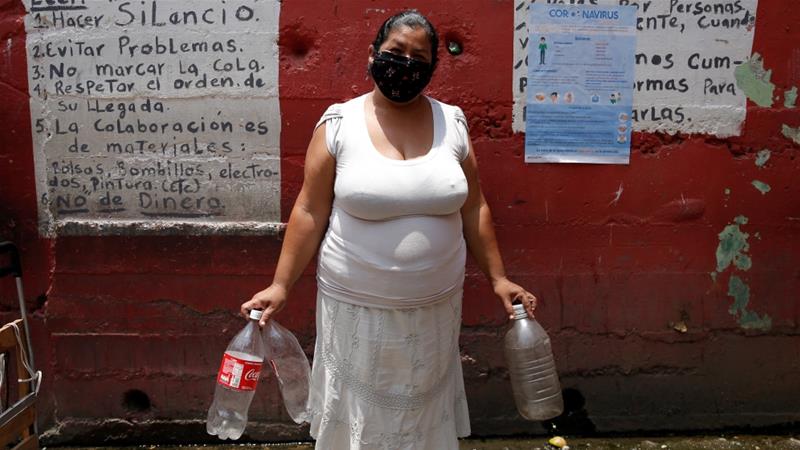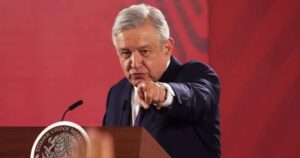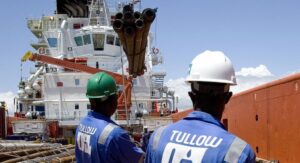
(Oilprice.com, 23.Apr.2020) — On Tuesday, the Trump administration told the last remaining American oil companies in Venezuela that they had until December to wind down operations in the country.
The Treasury Department’s Office of Foreign Assets Control (OFAC) issued a new license that only authorizes “limited maintenance of essential operations” in Venezuela, with a wind down period ending on December 1. Companies affected include Chevron, Halliburton, Schlumberger, Baker Hughes and Weatherford International.
Essentially, the companies can continue very limited operations in Venezuela but will not be able to export oil. They can only do the bare minimal to comply with contracts, but drilling and exporting are barred. Operations will have to end on December 1.
The U.S. government slapped harsh sanctions on Venezuela a year and a half ago when it launched its regime change campaign, seeking to oust President Nicolas Maduro. Washington aimed to block most of Venezuelan oil exports as a way of strangling the country. But a handful of American oil companies, including Chevron, were repeatedly issued three-month waivers.
The Trump administration thought that they could topple Maduro in short order, and they wanted American oil giants there to operate in a post-Maduro environment. Venezuela’s oil laws would be rewritten to allow for private international companies to come in.
But ousting Maduro has proved much more difficult than Trump’s team thought. As Chevron’s three-month waivers approached expiration, the U.S. government repeatedly weighed the pros and cons of extending. Hardliners, such as former national security adviser John Bolton, wanted to let them expire and force out the companies as a way of tightening the screws on Maduro. Others in Trump’s orbit, warned that doing so would mean losing an American presence in Venezuela while also gifting those assets to Russia and China. The latter view won out.
The same calculus was at play in regards to Tuesday’s decision, although Trump is now leaning more towards forcing the companies out. But not entirely.
“In our view, this may reflect a continuing Trump Administration intent to retain a U.S. footprint for a ‘day one after Maduro’ scenario,” ClearView Energy Partners wrote in a note to clients. The Trump administration “also appears to be trying to prevent Maduro from earning revenue from the companies’ operations while blocking him from taking over their assets.”
But the new license does not call for Chevron and others to pack up and get out immediately. The directive limits Chevron’s operations in Venezuela while attempting to maintain the company’s footprint in the country so that Russia and China do not step into the void, ClearView argues. The Trump administration may also be allowing some leeway for Chevron to operate in order to prevent being nationalized by the Venezuelan government.
At the same time, the December deadline does not guarantee a complete end of Chevron’s operations in Venezuela. ClearView argues that the decision may have had the U.S. presidential election in mind – anti-Maduro sentiment is strong in Florida, an important swing state. By promising to end oil operations for American companies in Venezuela, Trump may be aiming to “avoid unflattering optics,” ClearView said in its report. Trump is signaling escalation with Venezuela to ensure support from anti-Maduro voters in Florida, while also not going so far as to force out Chevron, at least for now.
It’s not clear if the U.S. government will be able to walk the tightrope successfully. Venezuela has been in dire straights for quite some time, but is now suffering from multiple crises at once. The economy has been in shambles for years, made worse by U.S. sanctions, but a public health crisis from the coronavirus pandemic and the worldwide collapse in oil prices dramatically increases the pain.
Venezuela’s oil production fell to 670,000 bpd in March, down by a third since the U.S. imposed sanctions at the start of 2019.
By Nick Cunningham
***

